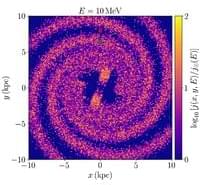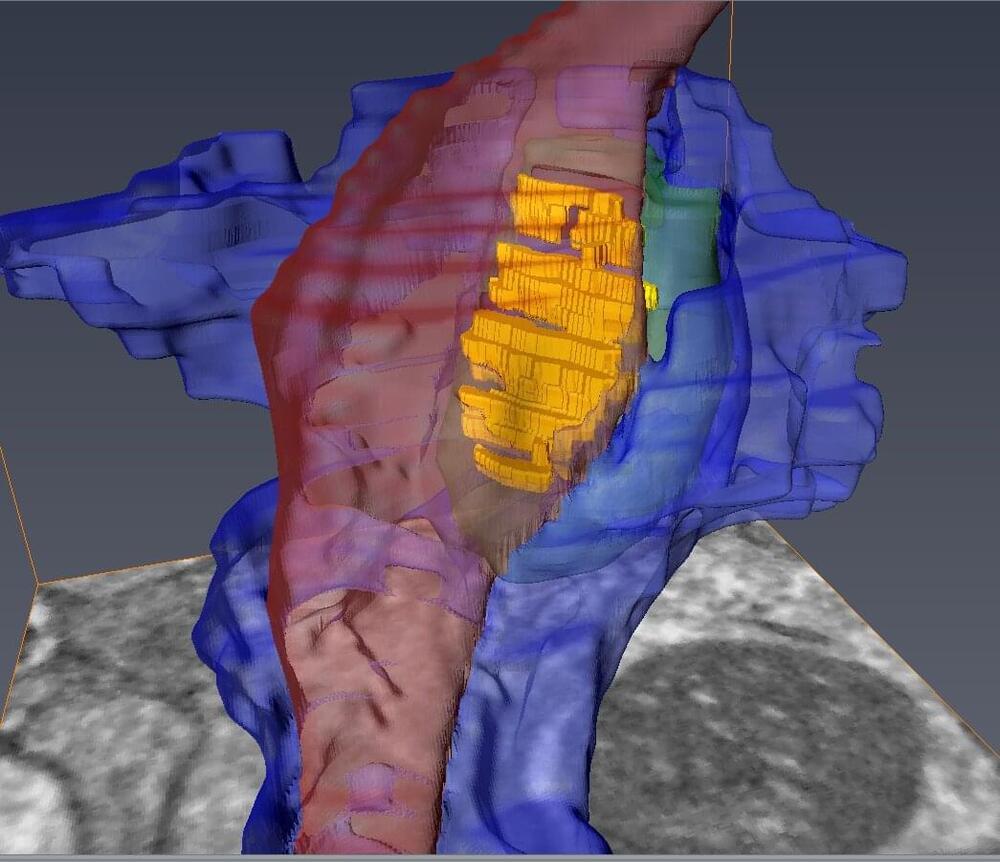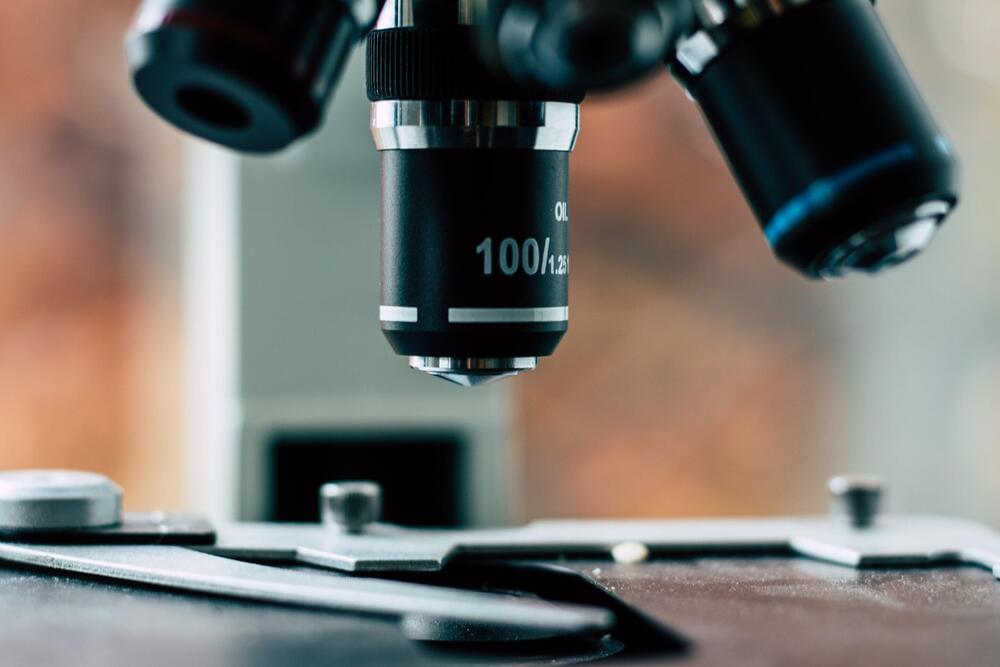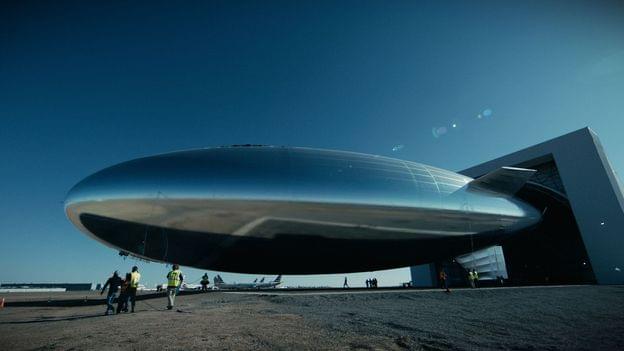It is June 2022, and a flying machine that looks like a cross between a prehistoric beast and a spaceship is about to take off. Named the Zephyr S, it has long spindly wings the length of an airliner’s. Together with its small, thin body and head, these make it resemble a pterodactyl. Its shimmering tinfoil-like solar panels and lightweight skeletal frame are more like something you’d see on a craft meant for space.
Its mission for the US Army is a secret, but clearly on its manufacturer’s mind is the desire to shatter a few records, particularly that for the longest flight duration for any type of airplane, which has stood for 63 years. In 1959 two men flew a four-seat Cessna light aircraft for 64 days, 22 hours and 19 minutes, refuelling in-flight from a truck.
British aviation pioneer Chris Kelleher designed the first Zephyr in 2002. His vision was of an uncrewed aircraft capable of “eternal flight” in the stratosphere. He foresaw that solar power and lightweight materials would lead to aircraft capable of staying aloft for months, or even years. The Zephyr S is the first production model.
The stratosphere is the second layer of our atmosphere. It begins around 33,000ft (10,000m) and ends at around 160,000ft (48,800m). If an aircraft can fly above 50,000ft (15,150m), it can fly above the turbulent weather that we experience closer to the ground, in the troposphere. The problem is that that high the air is very thin, making flying – and breathing – a challenge.







